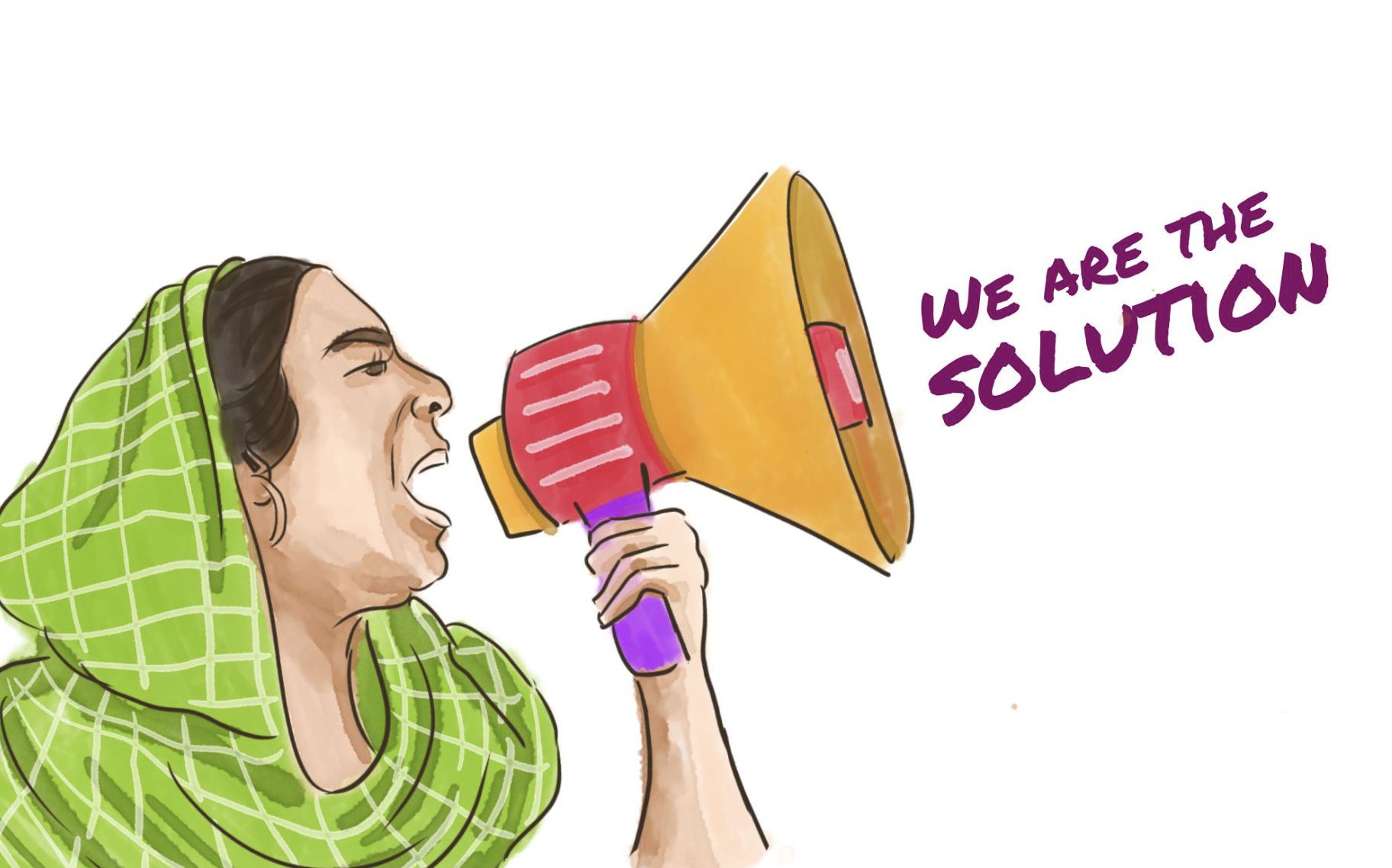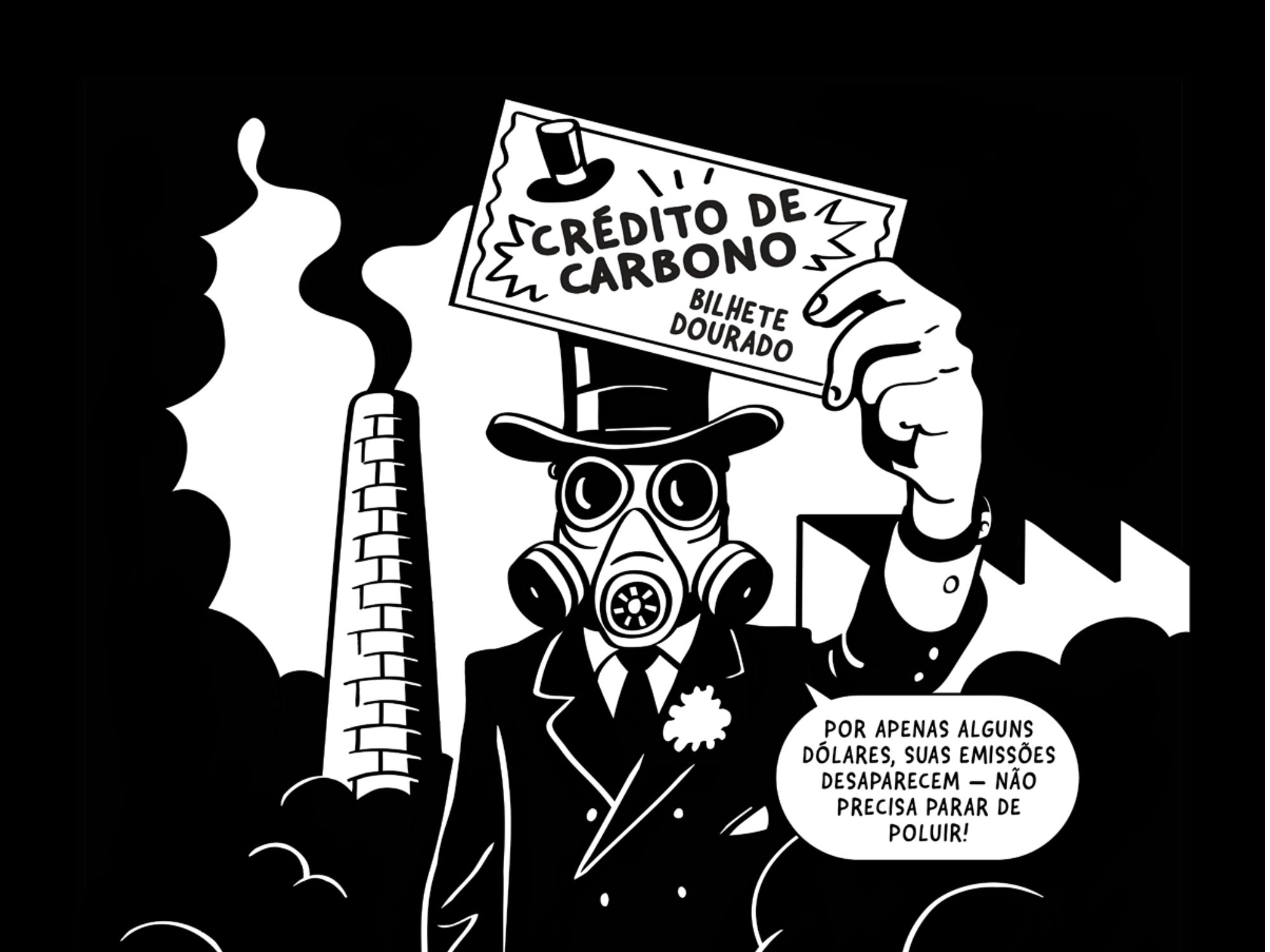They also build on ESCR-Net’s broader advocacy — from the Binding Treaty on Human Rights and business process to the global movement for debt justice — reaffirming that climate justice, economic justice, and human rights are inseparable. Advancing real solutions requires dismantling corporate impunity, confronting the interconnection between climate and debt, and establishing binding obligations for those most responsible for the crisis.
Members of the International Network for Economic, Social and Cultural Rights (ESCR-Net) urge governments to reclaim real climate justice by decolonizing climate action and centering solutions led by Indigenous Peoples, women, gender-diverse people, workers, and other frontline communities. These peoples-led alternatives already exist—but they continue to be sidelined by corporate capture, greenwashing, and the same colonial systems that fuel the crisis.
The Global North owes an ecological debt to the South for centuries of extraction, exploitation, and atmospheric appropriation. COP30 must confront this legacy by ensuring grant-based climate finance, debt cancellation, and binding rules that make those most responsible pay their fair share for the harm caused.
“Peoples-led solutions reclaim sovereignty and redistribute power away from corporations and toward the peoples.” –– ESCR-Net, COP30 Briefing Note: Centering Peoples-Led Solutions for a Decolonized Climate Future



